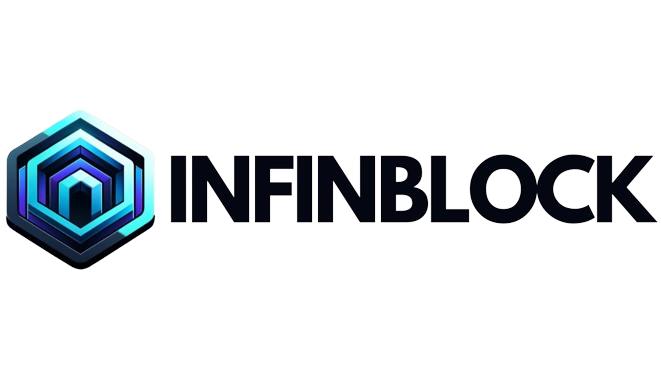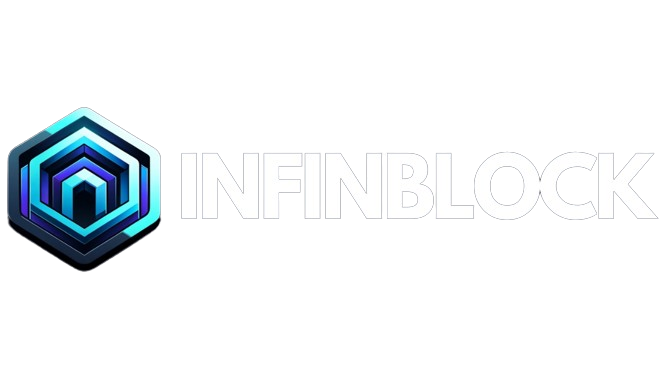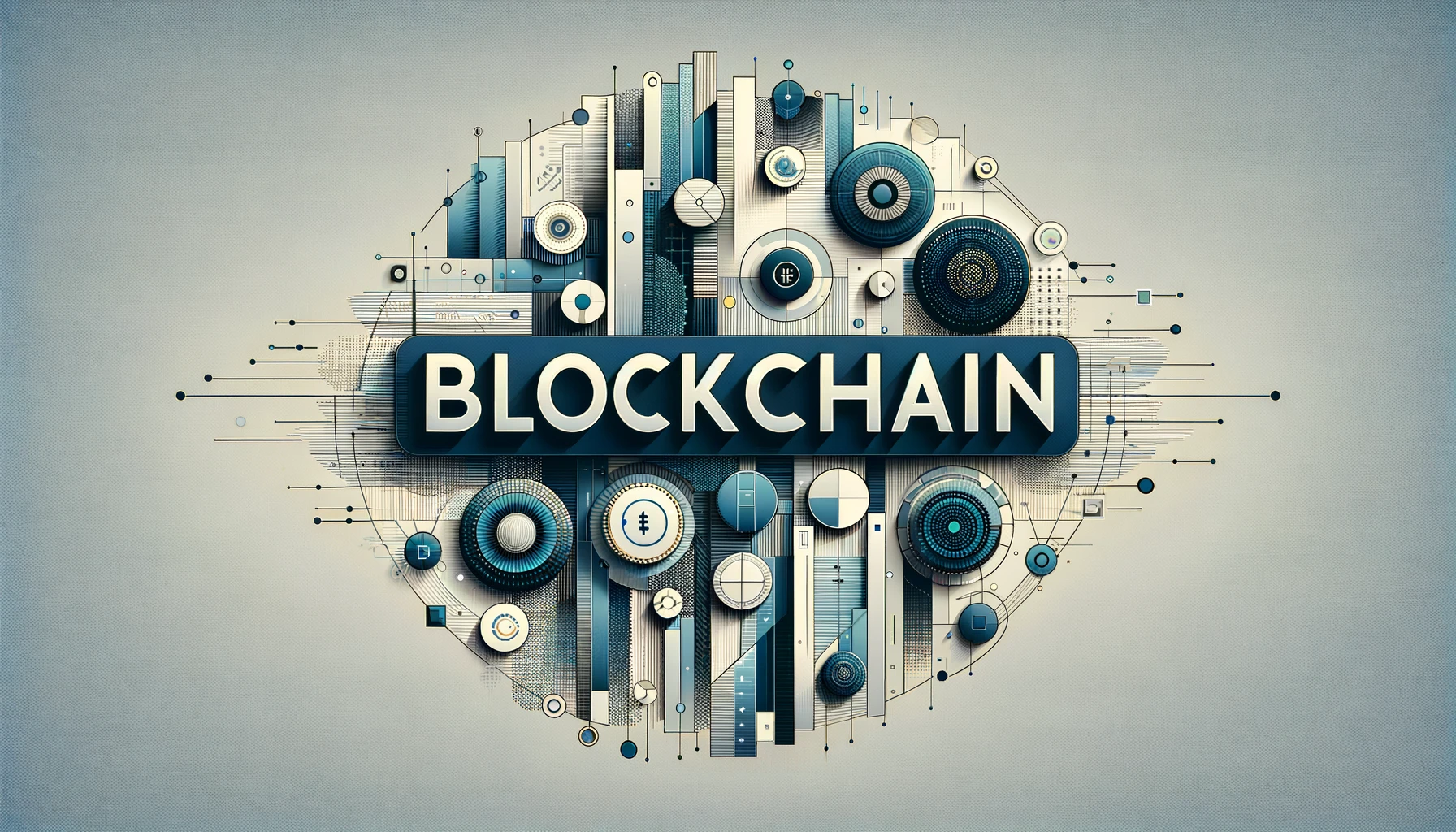Introduction
In an era where digital innovation continuously reshapes societal norms and economic structures, blockchain technology, smart contracts, and tokenization emerge as beacons of progress, offering new paradigms for trust, transparency, and efficiency. These technologies are not merely enhancements to existing digital transactions; they are foundational shifts that promise to redefine our interaction with the digital world. This blog delves deep into the transformative potential of these technologies, exploring their implications across various sectors and highlighting the pivotal research underscoring their revolutionary impact.
The Advent of Blockchain Technology
Defining Blockchain
Blockchain technology is fundamentally a decentralized ledger that offers an unparalleled level of security and transparency for data transactions. At its core, it is a system that records information in a way that makes it difficult or impossible to change, hack, or cheat the system. This technology’s potential extends far beyond its initial application in cryptocurrency; it holds the promise of revolutionizing industries by enabling secure, transparent, and efficient transactions across the globe.
Impact on Various Sectors
Blockchain’s application spans several industries, offering innovative solutions to age-old problems of trust and transparency. Deloitte’s comprehensive insights into blockchain technology highlight its potential to revolutionize sectors by streamlining processes, enhancing efficiency, and significantly reducing fraud risks. For instance, in supply chain management, blockchain provides a transparent ledger, allowing all parties to trace the origin, production, and distribution of products in real-time, thereby ensuring authenticity and reducing counterfeiting.
Global Financial Inclusion
One of blockchain technology’s most profound impacts is its potential to foster financial inclusivity worldwide. The Bank for International Settlements (BIS) points out that blockchain can provide secure and instantaneous transactions across borders, opening up global financial markets to populations previously hindered by geographical isolation or lack of access to traditional banking services. This democratization of financial services is a stepping stone towards a more inclusive global economy, where opportunities for economic participation are broadened.
The Evolution and Efficacy of Smart Contracts
Understanding Smart Contracts
Smart contracts represent a significant advancement in automating contractual agreements. Embedded in blockchain, these self-executing contracts have the terms of the agreement directly written into code, eliminating the need for intermediaries. This automation ensures that all parties in the contract can immediately verify the outcome without any delay or tampering, drastically reducing the potential for disputes and enhancing the efficiency of contractual agreements.
Revolutionizing Traditional Contracts
The automation of trust through smart contracts is especially transformative in sectors where the cost and complexity of agreements are high. ConsenSys highlights how smart contracts can automate everything from simple transactions to complex, multi-party agreements like insurance payouts, property sales, and even governmental operations. By automating these processes, smart contracts reduce administrative burdens and costs, providing a more streamlined, transparent, and equitable system of agreement execution.
The Rise of Tokenization
The Concept of Tokenization
Tokenization is the process of converting rights to an asset into a digital token on a blockchain. This technology allows assets to be bought, sold, and traded more efficiently while reducing the likelihood of fraud. Tokenization can apply to anything from real estate and cars to ownership of intellectual property, enabling fractional ownership and opening investment opportunities to a wider audience previously barred by high entry costs.
Democratizing Investments
Tokenization’s potential to democratize investments is profound. McKinsey & Company’s research into tokenization shows its capacity to unlock the liquidity of high-value assets and broaden access to investment opportunities. By breaking down assets into tradable tokens, individuals can invest in fractions of assets, making investment more accessible and diversifying investment options for individuals and institutions alike.
As we continue to explore the multifaceted impacts of blockchain, smart contracts, and tokenization, it’s clear that these technologies are not just reshaping the landscape of digital transactions but are also laying the groundwork for a more transparent, efficient, and inclusive global economy.
Sector-Specific Insights and Regulatory Landscape
Blockchain in the Nuclear Sector
One of the most compelling applications of blockchain technology is in the nuclear sector, an industry where security, transparency, and compliance are paramount. The Office for Nuclear Regulation (ONR) has explored the potential of blockchain to enhance the management and transfer of nuclear material records. By leveraging blockchain, stakeholders in the nuclear industry can ensure that the handling and movement of materials are accurately recorded and easily verifiable, minimizing the risks of fraud and unauthorized access. This application not only underscores blockchain’s versatility but also its potential to contribute to global safety and security measures.
Tokenization in Financial Services
The financial services sector stands at the forefront of the tokenization revolution. PwC’s examination reveals how tokenization is set to transform asset management and transaction processes by enabling faster settlements, reducing counterparty risks, and cutting down transaction costs. Tokenized assets offer a more fluid and efficient approach to asset management, opening the door to new forms of investment strategies and portfolio management. This shift not only benefits investors but also promises to enhance the overall liquidity of the financial markets.
Challenges and the Road Ahead
While the prospects of blockchain, smart contracts, and tokenization are undoubtedly promising, their path to widespread adoption is fraught with challenges. Scalability issues, regulatory uncertainties, and the need for interoperability among different blockchain platforms are among the significant hurdles that need addressing.
Addressing Scalability and Interoperability
The scalability of blockchain technology remains a critical challenge, with current infrastructure struggling to handle high transaction volumes efficiently. Moreover, the lack of interoperability between different blockchain systems can hinder the seamless exchange of information and value across platforms. Overcoming these challenges requires ongoing technological advancements and the development of standards that facilitate cross-platform compatibility.
Regulatory Frameworks and Ethical Considerations
The regulatory landscape for blockchain and tokenization is still in its infancy, with jurisdictions around the world grappling with how best to incorporate these technologies into existing legal frameworks. The dynamic and decentralized nature of blockchain poses unique regulatory challenges, necessitating a delicate balance between fostering innovation and ensuring consumer protection. Ethical considerations, particularly in the context of smart contracts, also demand careful attention to ensure that automated agreements do not inadvertently perpetuate biases or lead to unfair outcomes.
Conclusion
Blockchain technology, smart contracts, and tokenization are not mere incremental advancements in digital transactions; they represent a foundational shift towards a more transparent, efficient, and inclusive digital economy. As we navigate the complexities and challenges of integrating these technologies into our societal fabric, it is crucial to foster collaboration between innovators, regulators, and stakeholders across various sectors. By embracing the potential of these digital innovations while thoughtfully addressing their challenges, we can unlock a future where digital transactions are seamlessly secure, universally accessible, and unequivocally trusted. The journey ahead is undoubtedly complex, but the transformative potential of these technologies offers a glimpse into a future defined by unprecedented opportunities for growth, inclusion, and global connectivity.
Source of reference:
Deloitte’s, Bank for International Settlements (BIS), ConsenSys, McKinsey & Company’s, Office for Nuclear Regulation (ONR), PwC’s



 Bitcoin
Bitcoin  Ethereum
Ethereum  Tether
Tether  XRP
XRP  USDC
USDC  Solana
Solana  TRON
TRON  Lido Staked Ether
Lido Staked Ether  Dogecoin
Dogecoin